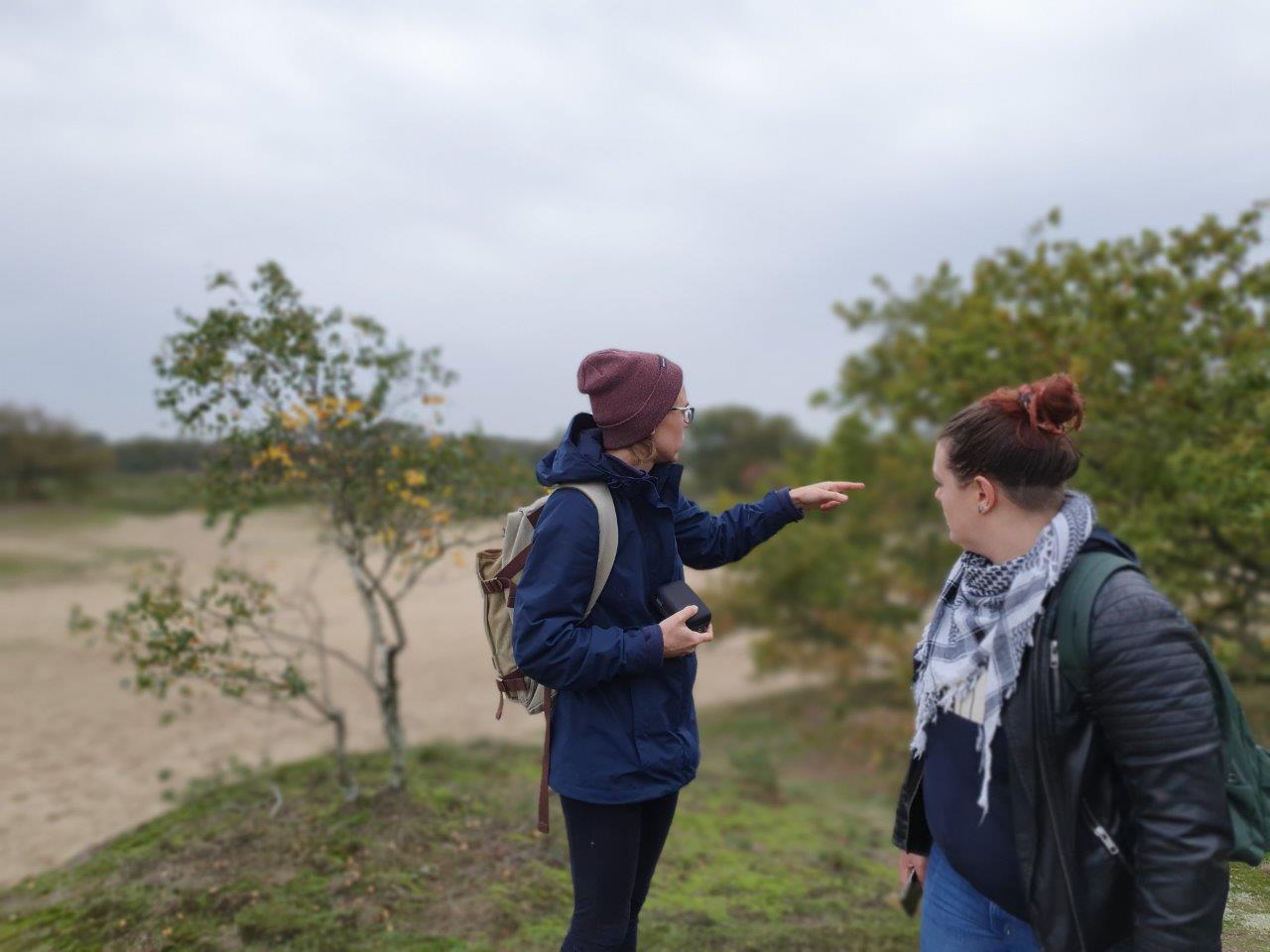Updated Disruptive Events program

We have extended our educational program! In September 2020 we have two new tracks in our bachelor program.
Based on our experience over the last three years, and feedback from our students and staff, we upgrade our program each year. This year students have been able to make choices within the program to accommodate their personal preferences. We have adapted the course packages and some new specialist staff has been added to our team. I am delighted by their enthusiasm and dedication. See the main changes below!
- Selection of individual course packages:
We now have different tracks; International Disaster Migration and Resilience, and International Disaster Resilience and Climate Change. Students can select their favorite track.
Both tracks share courses in the first module, “Disaster Risk Reduction”. This module has been developed through a brand new collaboration with Environmental sciences. We are super excited to have them on board and believe their expertise will be a great added value for our students. They included a brand new course "Climate Impacts" and contributed to "Precasting global drought and flood risks using GIS" and "Experimenting with innovative techniques in disaster response".
In the second module students either choose for "Migration Policy and practice" or "Environmental disaster analysis and communication".
2. Opened to international students:
We have an exciting mix of approximately 70 students from different backgrounds. We have students from among others Architecture, Civil Engineering, Integral Safety studies, Industrial Engineering and Business Administration, Public administration, Finance, Ecology, Nature and the Environment, Change management, Communication and Sustainable Development, Geo media and design and many more. Together these represent professionals that normally would have to collaborate in times of crisis.
3. Hybrid education
The covid measures in Europe are constantly changing. We expect further relaxation of measurements in the Netherlands on the September 1st. We have now been asked to prepare our classes for online attendance. We expect that in the first 10 weeks students can study from home. Even if the regulations permit attendance, we respect personal reasons not to be physically present. We normally have interactive workshops, excursions, guest lectures and study trips. We are searching for the best ways to make our educational program into a valuable experience for our students. We see how students normally learn from each other in class, especially since they all have their own expertise. Therefore, for those based in the Netherlands, we will also organize additional activities for them to meet.
4. Buddies
We have visiting students from Norway, Germany, Spain and the UK and outside Avans. These students could use a personal buddy that shows them around in the first weeks and help out with practicalities. Other students show them around. For example, they could show them around in the building, share your favourite places in the city or help them to get a bike.
